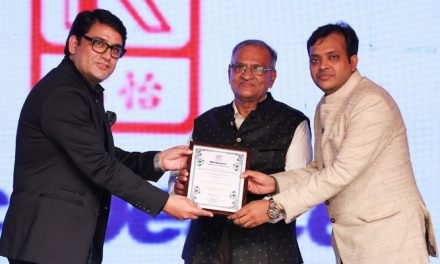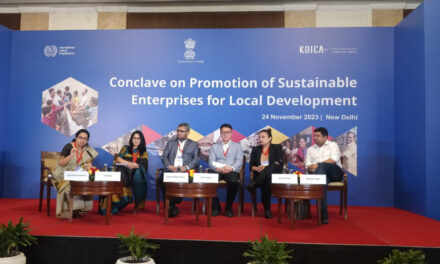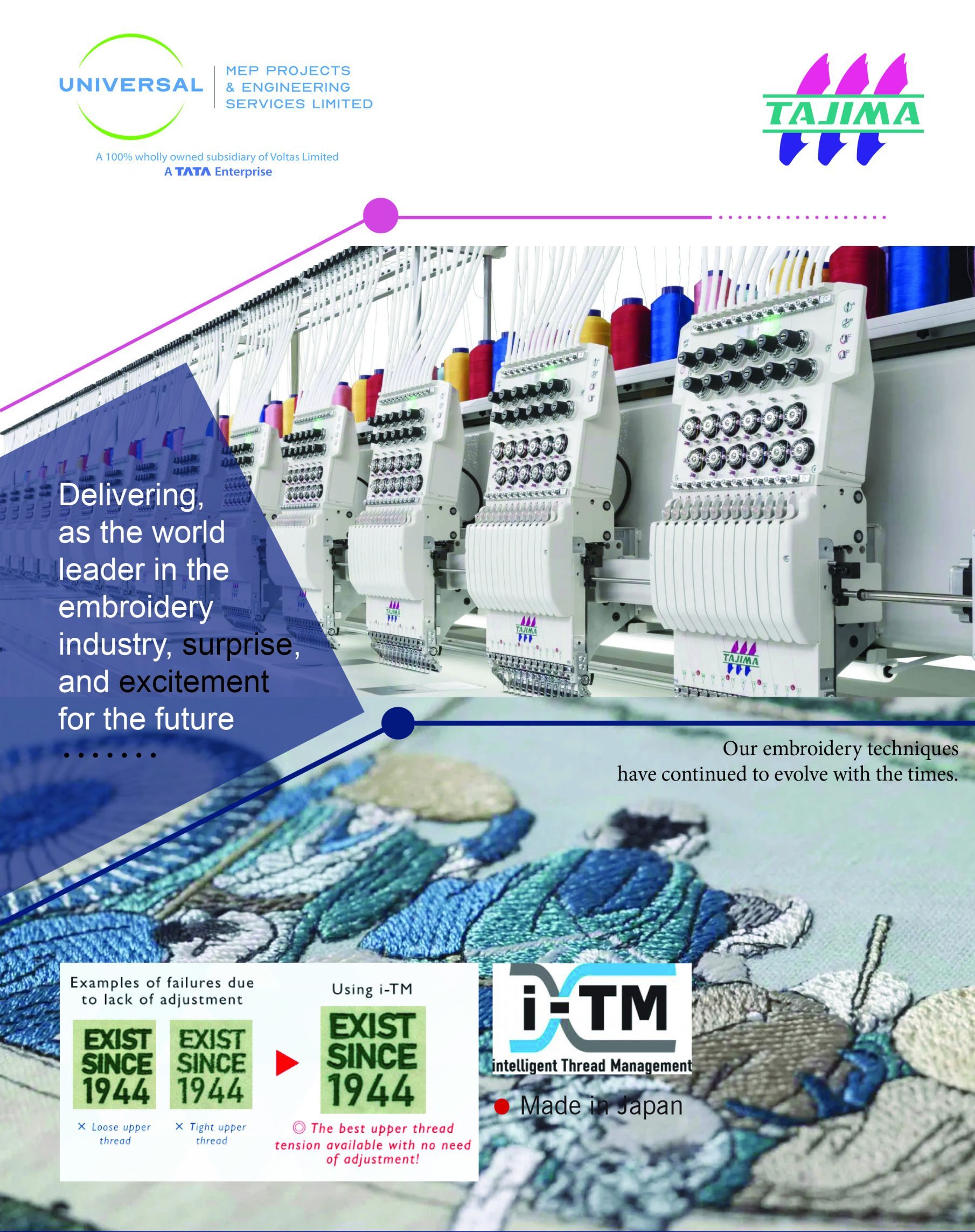 Apparel Made-Ups and Home Furnishing Sector Skill Council (AMHSSC) has welcomed the Government of India’s landmark decision to ban clothing imports from Bangladesh, calling it a timely and strategic move to protect and strengthen the Indian textile and apparel sector.
Apparel Made-Ups and Home Furnishing Sector Skill Council (AMHSSC) has welcomed the Government of India’s landmark decision to ban clothing imports from Bangladesh, calling it a timely and strategic move to protect and strengthen the Indian textile and apparel sector.
Under the visionary leadership of Hon’ble Prime Minister Shri Narendra Modi Ji, this initiative—led by Hon’ble Union Minister of Commerce and Industry Shri Piyush Goyal Ji—aligns with the national vision of Atmanirbhar Bharat and is expected to unlock new opportunities for domestic manufacturers and micro, small and medium enterprises (MSMEs). It also reinforces the government’s commitment to building a robust and self-reliant domestic manufacturing ecosystem. For years, Indian producers have struggled to compete with duty-free imports from Bangladesh, which account for nearly 35% of India’s total apparel imports, valued at approximately Rs. 6,000 cr annually.
“This decision is a long-awaited and welcome move,” said Dr. A Sakthivel, Chairman, AMHSSC. “It plugs a significant loophole that allowed Chinese fabrics to enter Indian markets via Bangladesh, undermining our industry’s competitiveness. The playing field has finally been leveled.” The move is projected to generate over Rs.1,000 cr in additional business for Indian manufacturers, empowering MSMEs to expand operations, invest in new technologies, and enhance production capacity. It also addresses national concerns about the indirect entry of low-cost Chinese materials that disrupted fair trade dynamics. Beyond trade correction, the policy is poised to drive investment and stimulate employment across the textile value chain. Increased domestic demand will also fuel the need for skilled manpower across key segments like design, manufacturing, quality assurance, logistics, and retail.
“This ban will stimulate fresh investment and foster innovation while generating large-scale employment,” added Dr. A Sakthivel. “It’s a golden opportunity for Indian MSMEs to scale up.” AMHSSC, as the sector’s apex skill development body, is preparing to meet this rising demand through enhanced skilling, upskilling, and reskilling programs in partnership with training institutions and industry stakeholders. The council aims to ensure a steady supply of certified professionals to match the industry’s accelerated growth trajectory. “We are fully geared to support this transformation by training a new generation of skilled workers,” Dr. Sakthivel stated. “This will not only boost domestic production but also strengthen India’s position as a global manufacturing hub.”
This strategic policy shift reinforces the government’s long-term commitment to economic resilience, self-sufficiency, and sustainable industrial development.

















